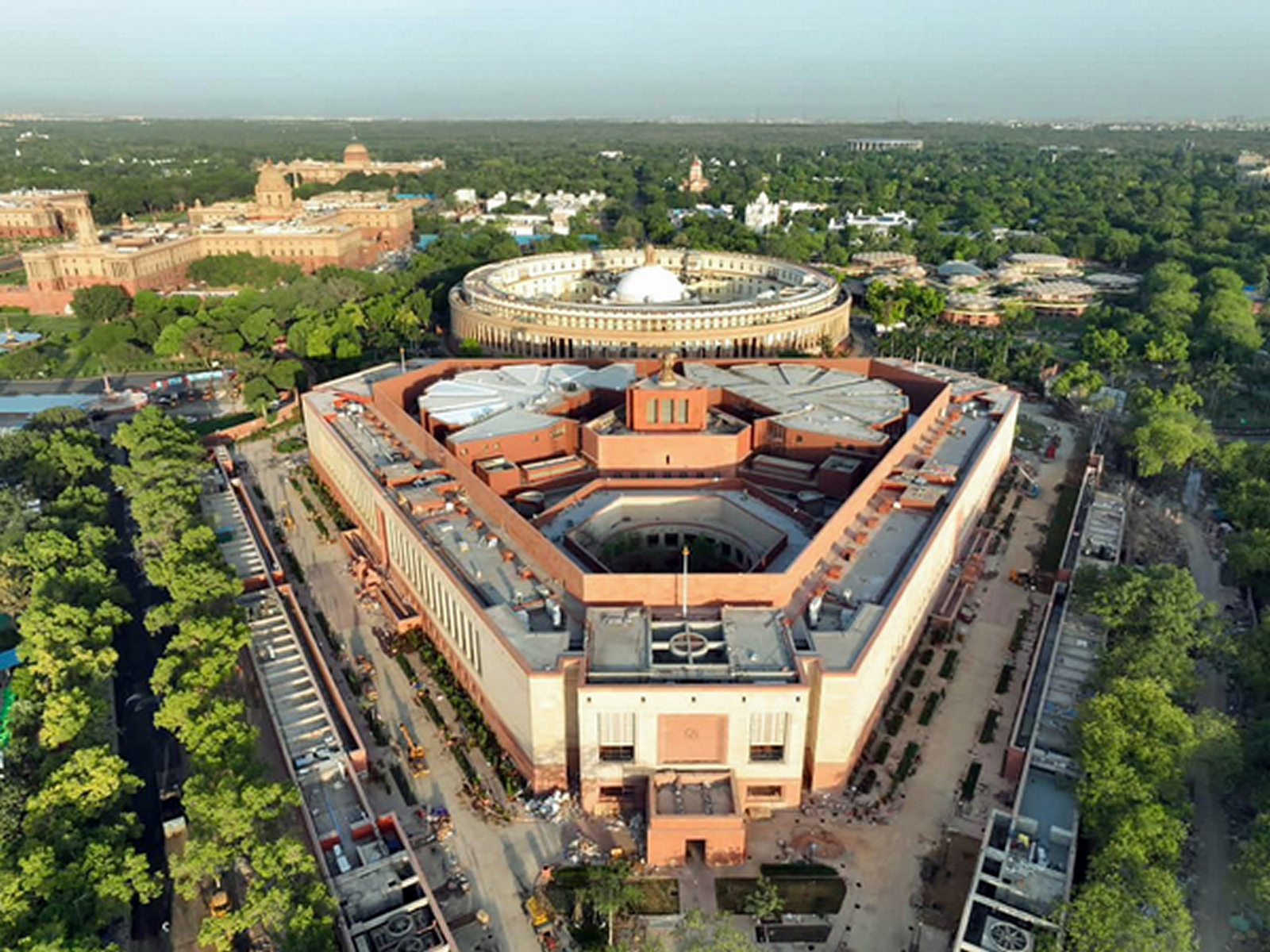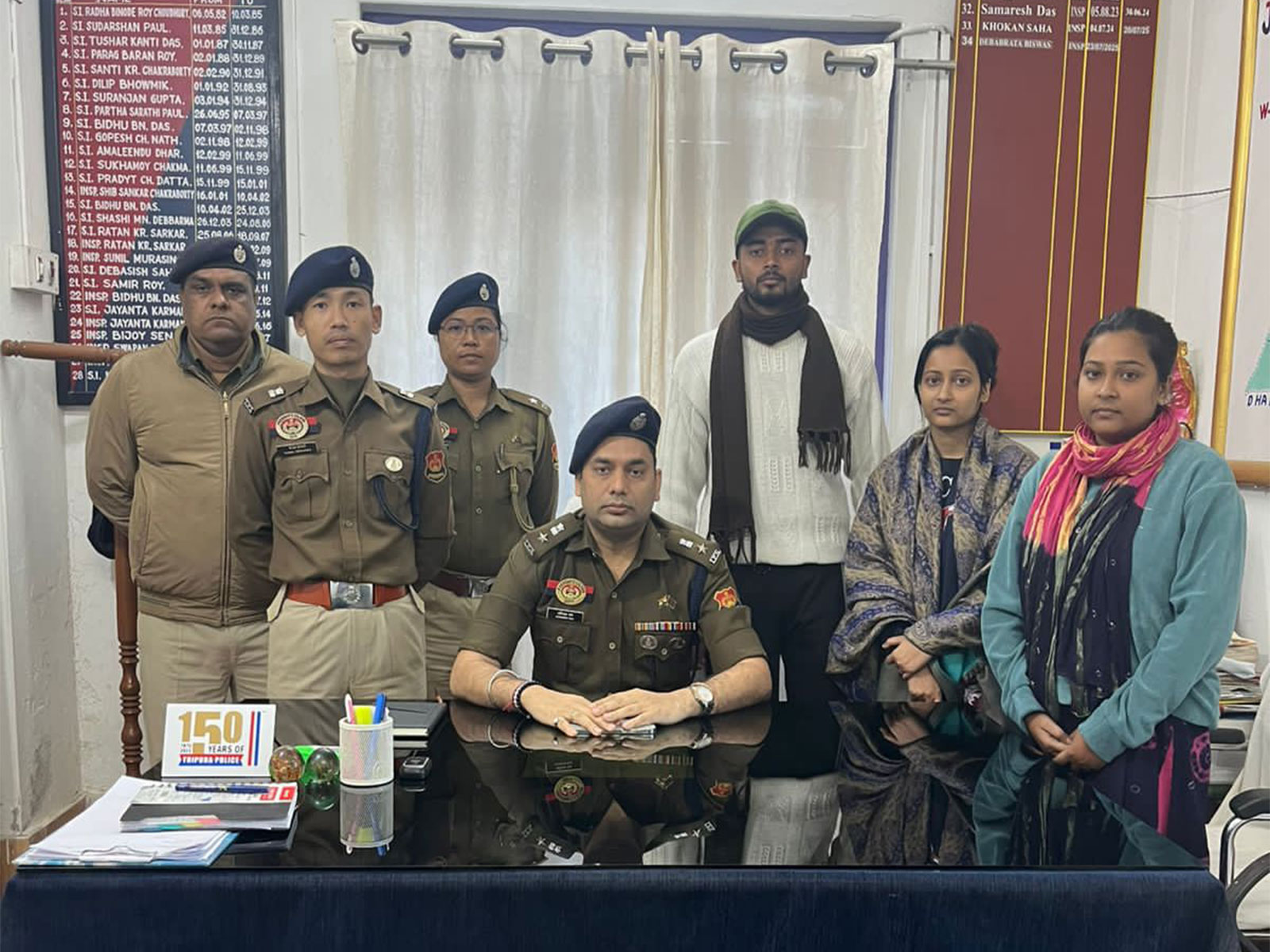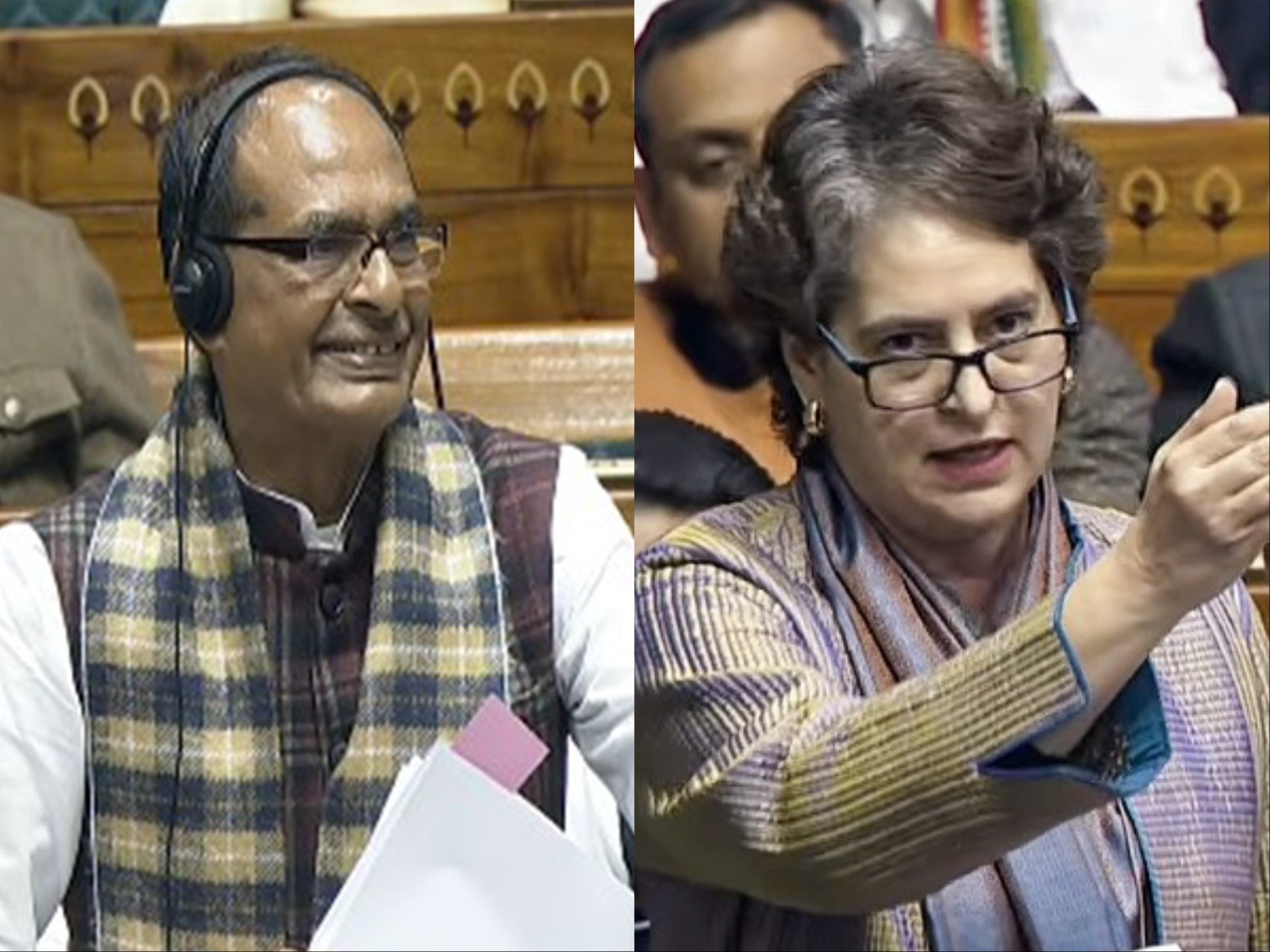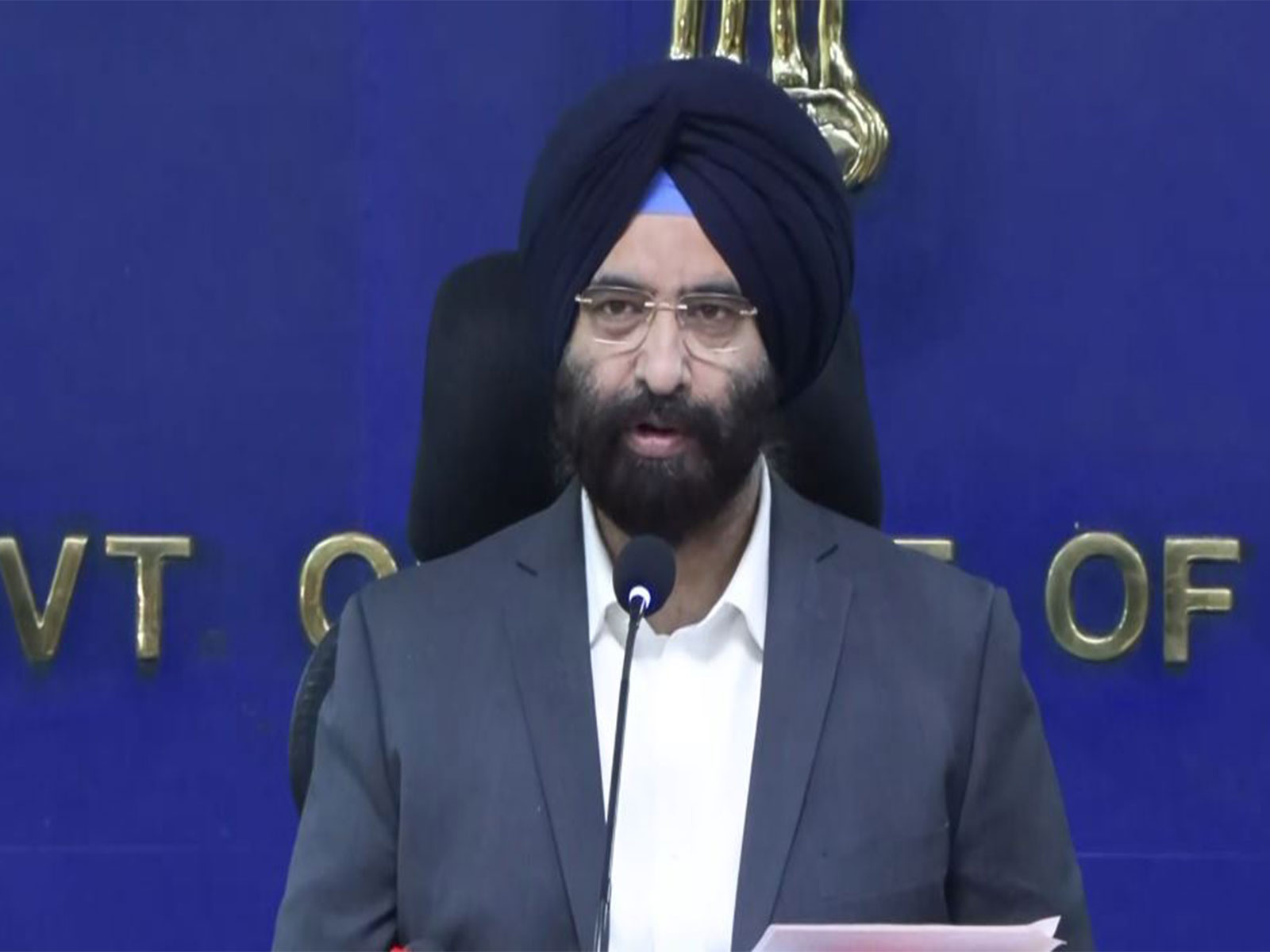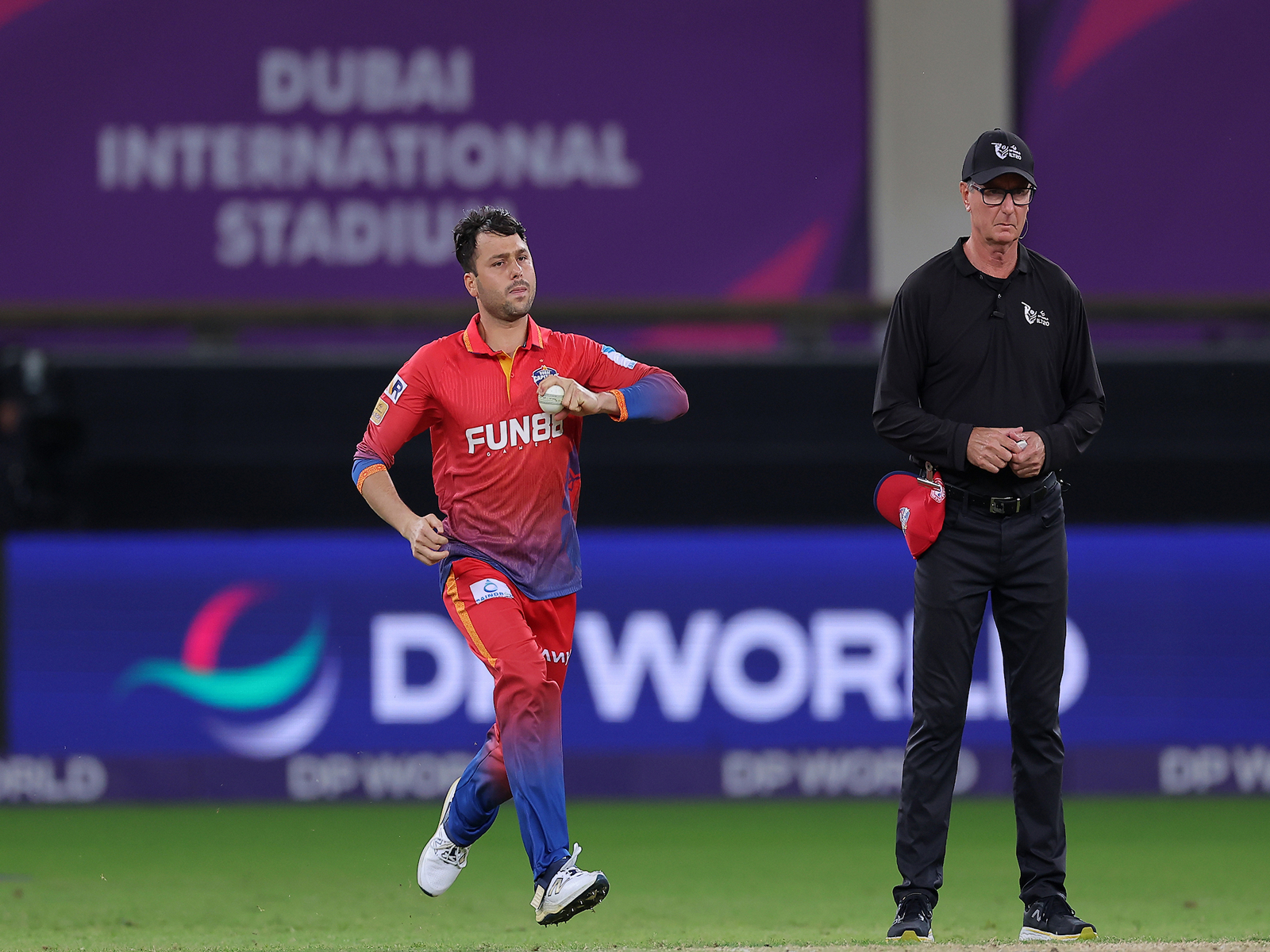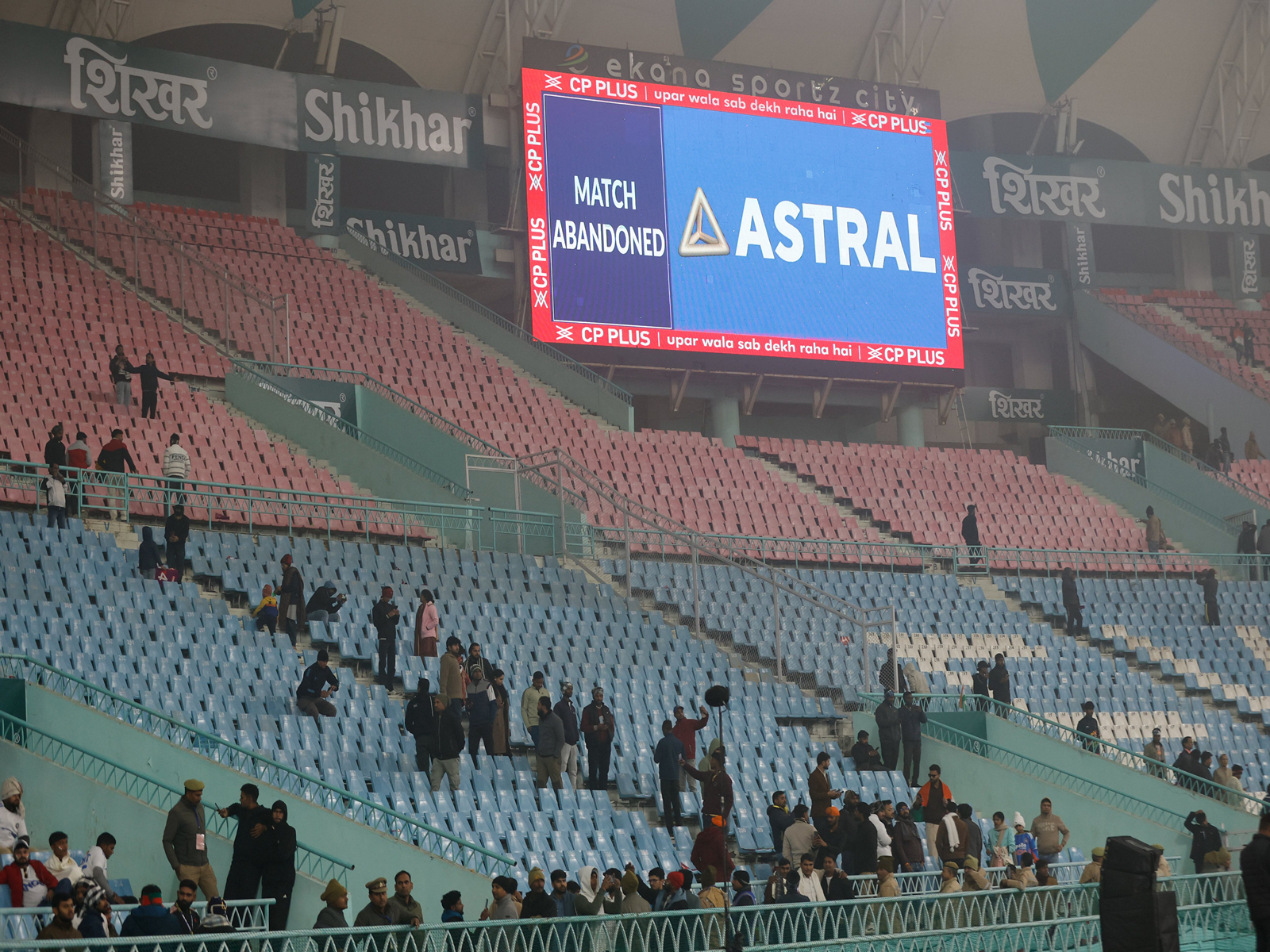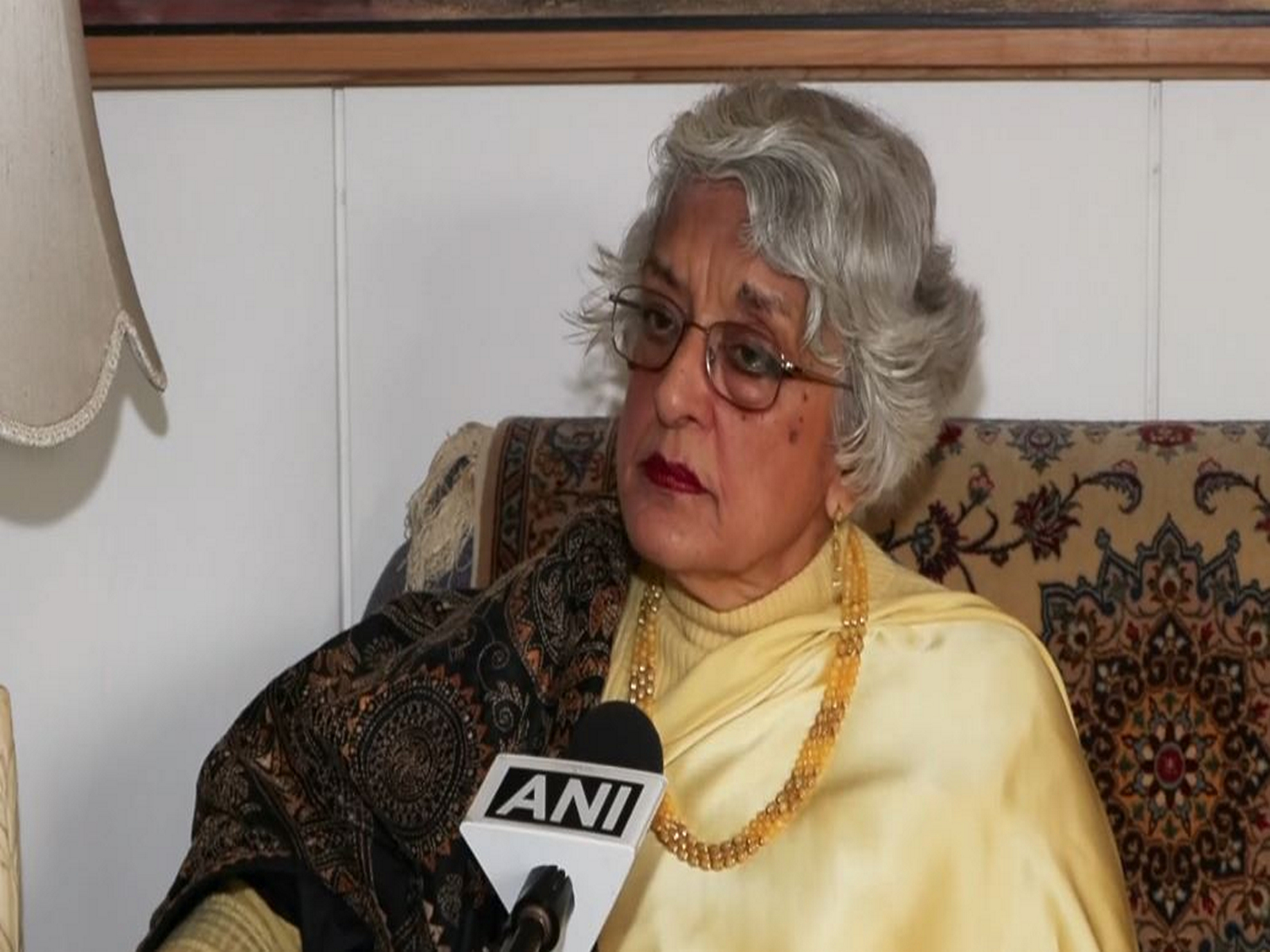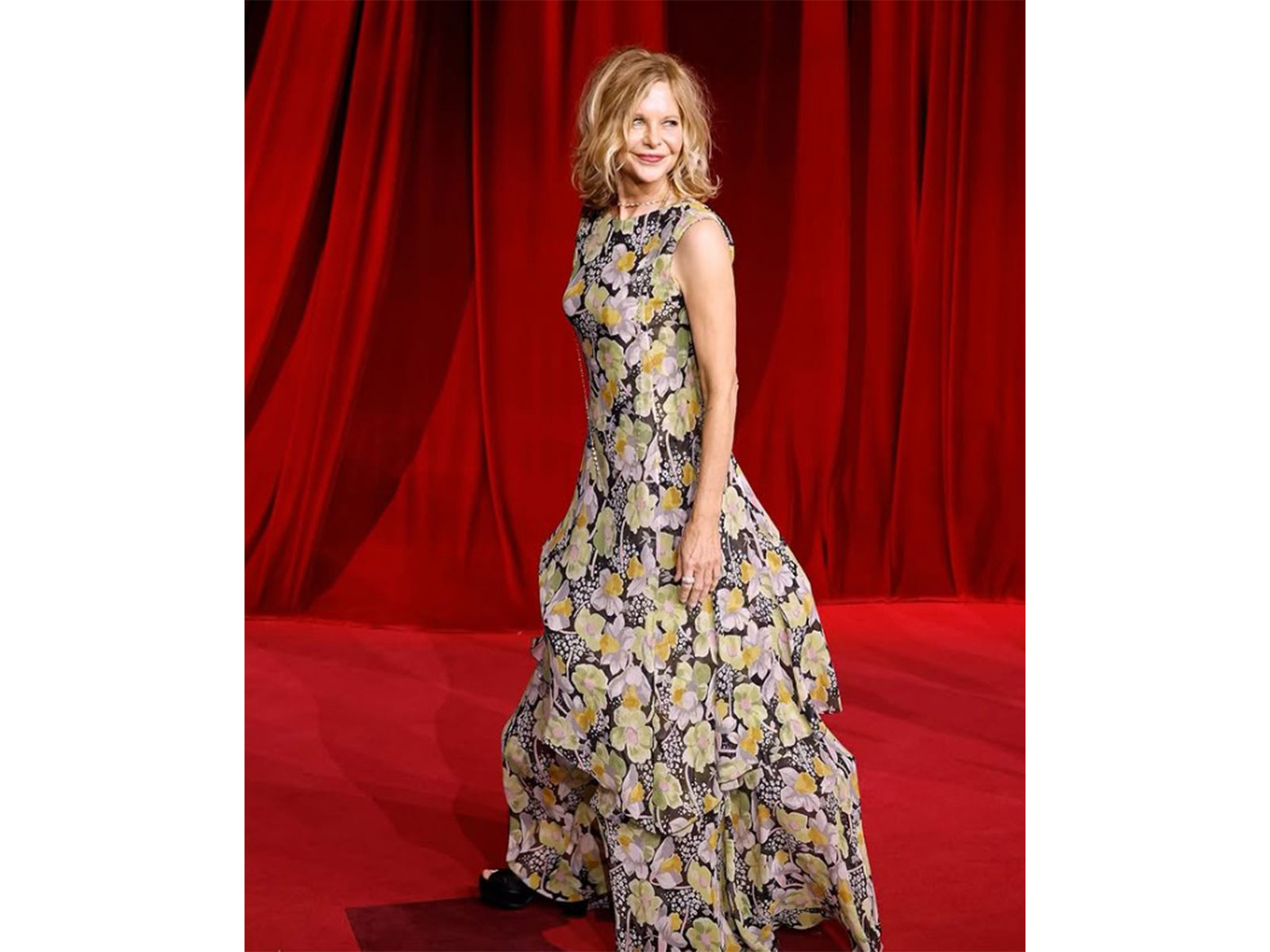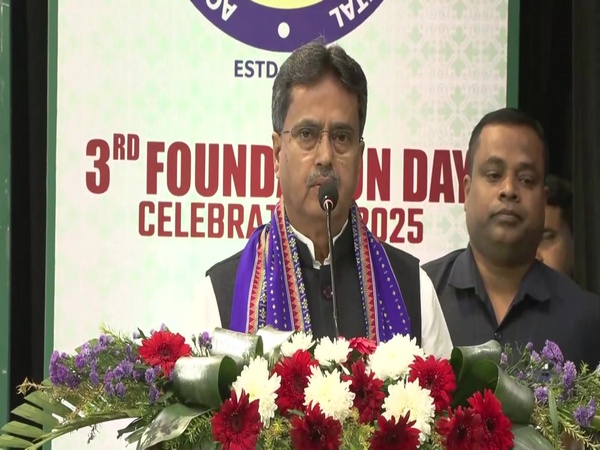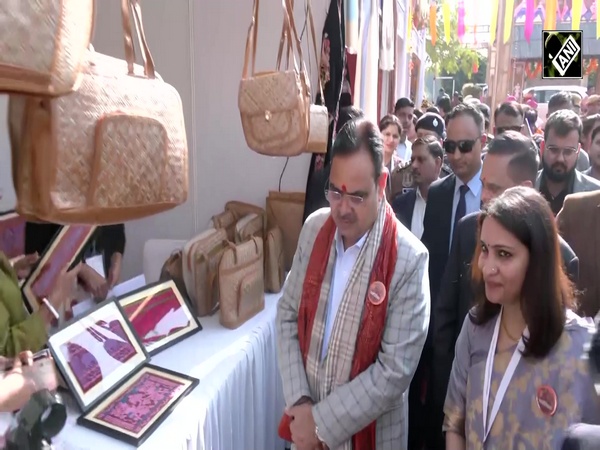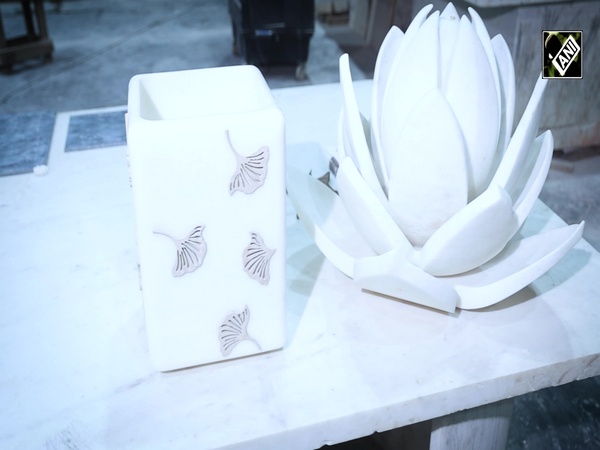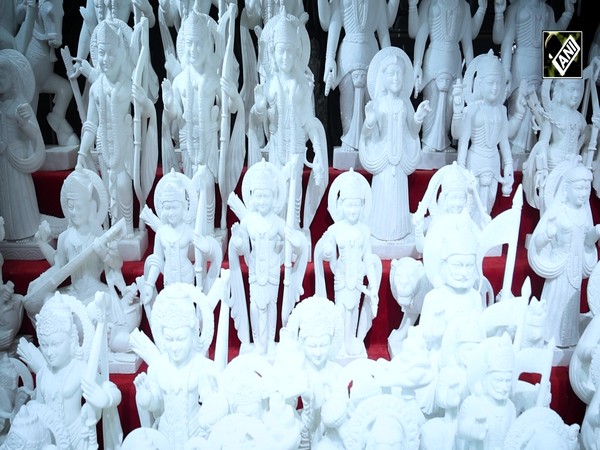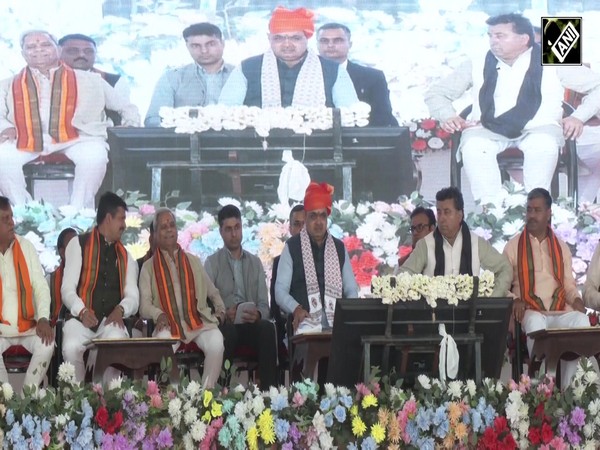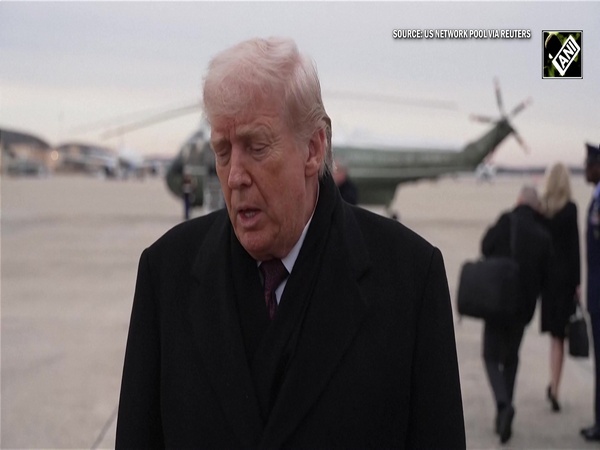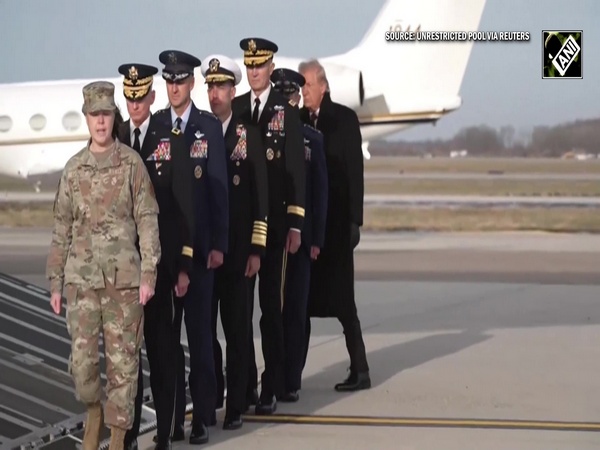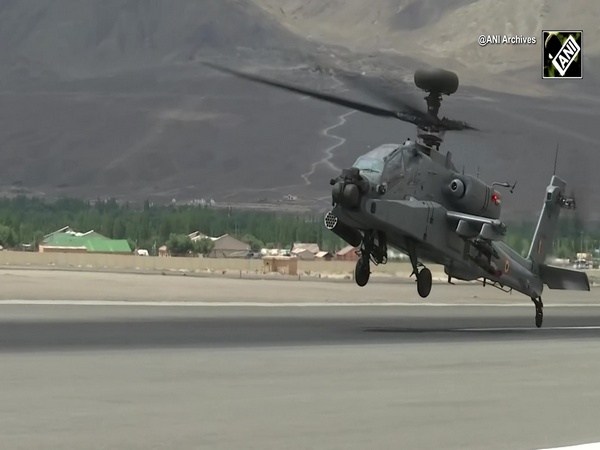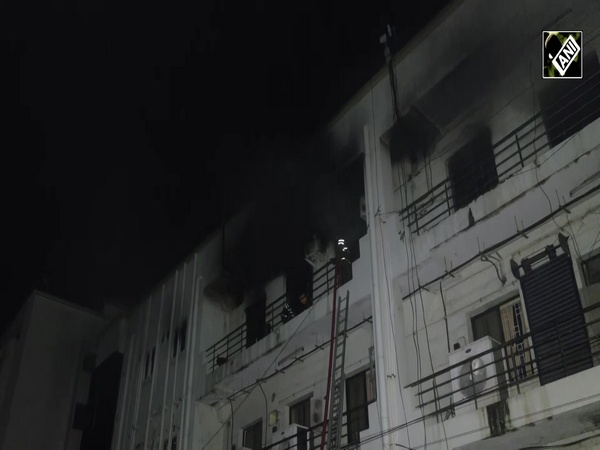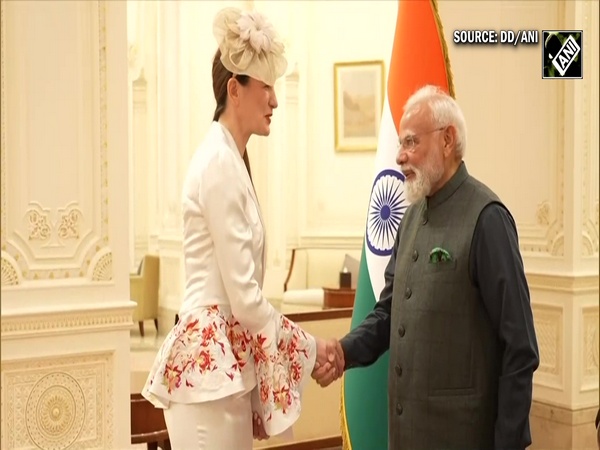India is role model to the world in human rights: Vice President Dhankhar
Dec 10, 2023

New Delhi [India], December 10 : Vice President Jagdeep Dhankhar today highlighted the affirmative changes taking place in Bharat, home to 1/6th of humanity, in the advancement of human rights, asserting its position as a 'Role Model' for the world.
"No part of the globe is so blossoming and prospering with human rights as our country is," he noted.
Delivering the keynote address at the Human Rights Day celebrations at Bharat Mandapam today, the Vice President underlined, "Our Amrit-Kaal has become our Gaurav-Kaal primarily due to the blossoming of human rights and values." He further observed that "our civilizational ethics and constitutional commitment reflect our deep dedication to respecting, safeguarding, and nurturing human rights, which is in our DNA."
Highlighting further, he emphasised, "Bharat serves as an example to the world in nurturing, promoting, and flourishing human rights."
Calling the nurturing of human rights a 'cornerstone to democracy', the Vice President stressed that "equality before law is an inalienable facet of promoting human rights". He also appreciated the convergence of all three organs of the state, namely the Legislature, the Executive and the Judiciary, for the fostering of human rights, as "respect for human rights is embedded in our civilizational ethos and constitution," he added.
Talking about the recent upsurge in the politics of freebies, the Vice President cautioned that this will lead to distorting expenditure priorities and undermine the basic framework of macroeconomic stability, as "empowerment of pockets through fiscal grants only increases dependence."
He urged for the empowerment of human minds and human resources, not pockets.
Highlighting that India has been treated unfairly by some global entities, the VP asked them to delve deep into the nation's performance on human rights and not merely scratch the surface. He wanted such entities to take note of "India's governance model that is free from corruption, favouritism, and nepotism. It's dictated by transparency, accountability and merit."
Referring to transparency and accountable governance as a 'game-changer' for the promotion of human rights, especially for the vulnerable sections, the Vice President underscored that the utilisation of technology in service delivery has also played an instrumental role in fortifying this advancement.
Referring to Justice Misha's report on post-poll violence, VP underlined that "visitation of consequences for exercise of franchise is worrisome" and commended the National Human Rights Commission (NHRC) for encapsulating the essence of human rights in its reports, thereby promoting the principles of the Rule of Law.
The Vice President observed the provision of gas connections to households of the weaker as a "transformative revolution," which gave reprieve from toiling tears in the eyes of our mothers and sisters. He also praised the massive infrastructural growth as the quintessential "proliferation and empowerment of human rights."
The Vice President emphasised that the government's affirmative implementation of inclusive policies has liberated millions from poverty's grasp. This achievement has paved the way for a future enriched with "economic opportunities, access to quality healthcare, and a sound education--the very pillars upon which a robust human rights edifice rests," he highlighted.
In his address, VP cautioned that "greatest danger to human rights emanates from underscoring that "corruption and human rights cannot coexist."
Dhankhar expressed satisfaction that "this bane of corruption in India for long is now contained."
He further asserted, "There is now in place a governance mechanism that provides no room for nepotism, favouritism or promotion. Corruption has been neutralised in power corridors."
The Vice President expressed concern over "pernicious narratives and external calibrations" by individuals gauging India's progress from air-conditioned and closed chambers, detached from the "index of hope, optimism, and confidence" fostered by government policies.
Recognising the appointment of a tribal woman as the President of India as a testament to human rights, the Vice President concluded by emphasising that human rights are a collective endeavour, akin to a yajna, and it's the shared responsibility of all to contribute, as it concerns every individual.
During the event, the Vice President also released NHRC publications, namely the NHRC Annual Hindi Journal (Manav Adhikaar Nayi Dishayein), the NHRC Annual English Journal and Forensic Science and Human Rights.
Justice Arun Mishra, Chairperson, NHRC; Rajiv Jain, Member, NHRC; Dr DM Mulay, Member, NHRC, Shombi Sharp, UN Resident Coordinator; Bharat Lal, Secretary General, NHRC; and other dignitaries were also present on the occasion.
